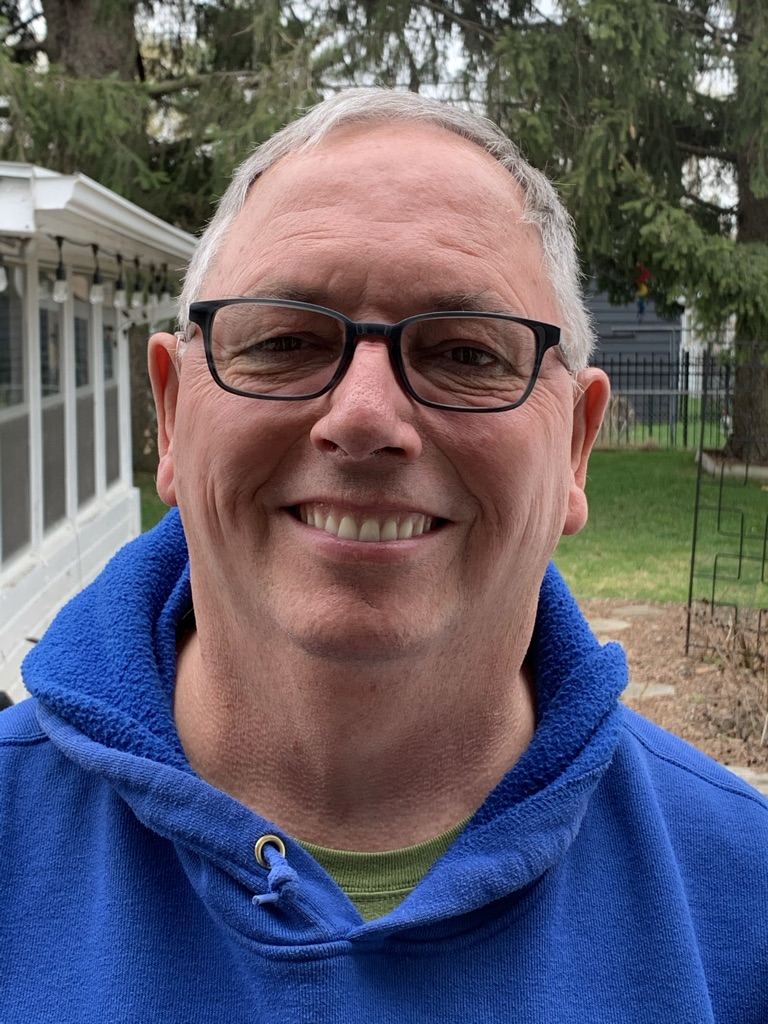
Everyone of the dozen or so of us in the urology office waiting to be called in for a prostate biopsy, appeared to be men plus or minus 10 years of my age (68). I commented to one of the staff about there being a lot of men here getting biopsies. He indicated that since covid they do about half as many biopsies as pre-covid.
The five year survival rate from prostate cancer caught before it spread beyond the prostate is about the same as those without prostate cancer. Once the cancer spreads beyond the prostate the survival rate drops dramatically to about 30% of the five year survival rate for those without prostate cancer.
The short version
On March 25, 2021 my prostate was surgically removed. The pathology report confirmed about 10% of the area of the prostate was malignant and the cancer was contained (not spread to the lymph nodes or otherwise). As of this writing, my bladder control is improving. I still am restricted on lifting, pulling or pushing and I get tired. Afternoon naps are often the order of the day.
The longer version.
Back five – seven years ago, I was diagnosed with an enlarged prostate. I had the classic urinary issues men with enlarged prostates have. Trouble completely emptying my bladder thus having to go frequently. Trouble starting the stream. Once started I had a weak stream. Trouble stopping the stream.
My enlarged prostate didn’t stop me from leading an active lifestyle but it was becoming a problem. For example, at the intermission of a play I would rush out to the bathroom because I felt I was about to wet my pants. Then when I got to the urinal I would stand there for much longer than it should have taken, trying to get the stream to start. Then repeat as soon as the play is over.
My issues surrounding peeing became part of a mental plan for every outing. Eventually I was given a prescription (tamsulosin). The symptoms diminished for a year or so but the symptoms returned. The dose was upped but the relief was only sort of better.
Then as part of my annual physical in the fall of 2019 my PSA (prostate-specific antigen) levels were still within the normal range but they had increased from low in the range to high within the range. Which got me sent to a urologist which after some other scans and tests led to the discovery of my kidney cancer.
On December 5, 2019, I had my right kidney and the associated malignant tumor removed. I recovered. Follow up check ups happened at six months, one year and are scheduled annually after that. A checkup means: a CT scan of the area my kidney was and an x-ray of my lungs and then an appointment with a urologist to discuss.
The urologist who did my surgery moved out of state, the urologist for my six month checkup retired shortly after. I don’t think either one was related to me but who knows. At any rate, the next urologist up, one year check up (December 2020) happened to be the urologist who assisted on my kidney surgery. He reviewed the scan and x-ray saying they looked fine. Which, as a practical matter, meant annual as opposed to semi-annual checkups into the future.
However, he was also concerned the previous doctor at my sixth-month check-in had not checked my PSA levels. After all, checking my PSA levels was why I was sent to the Urologist in the first place. So, blood was drawn and two days later he called me saying my PSA levels were now above the normal range and recommended we do an MRI and biopsy of my prostate.
The MRI was done mid-January 2021. Apparently the MRI provides the road map for doing the biopsy. The biopsy was done in early February 2021. The worst part of the biopsy is the prep. Let’s just say my bowels were cleared out and the antibiotic regimen messes with one’s digestive tract.
About a week or so after the biopsy the urologist called me to let me know there was a relatively small, but medically significant, malignant area on my prostate. A couple weeks later I am in his office reviewing my options. The cancer was a slow growing type. One option was to kick the can down the road, get a biopsy annually and remove the prostate at some point in the future. The other option was to remove the prostate now. Doing nothing was not a real option, the cancer would continue to grow, would spread and likely be the cause of my death.
The thought of doing that prep every twelve months was not appealing but I was on the fence. Then I asked the key question: Would the surgery relieve the symptoms of my enlarged prostate. He chuckled. Yep surgery would in fact relieve the effects of my enlarged prostate because it would remove the prostate. At that point it was an easy decision.
I am three weeks out from the surgery at this writing. The surgery was not bad. Overnight in the hospital and I had to wear a catheter for a week post surgery. Little to no pain from the moment I woke up from the surgery to date. No lifting over 10 pounds for a month. Linda is patient and kind beyond words. The enlarged prostate urination issues are gone.
I am not yet completely in control of my bladder but it is getting much better. I am told it typically takes six to eight weeks post surgery to gain full control. The technology of my “incontinence underwear” is amazing. It never feels wet against my skin, it just gets heavy.
So that is that.